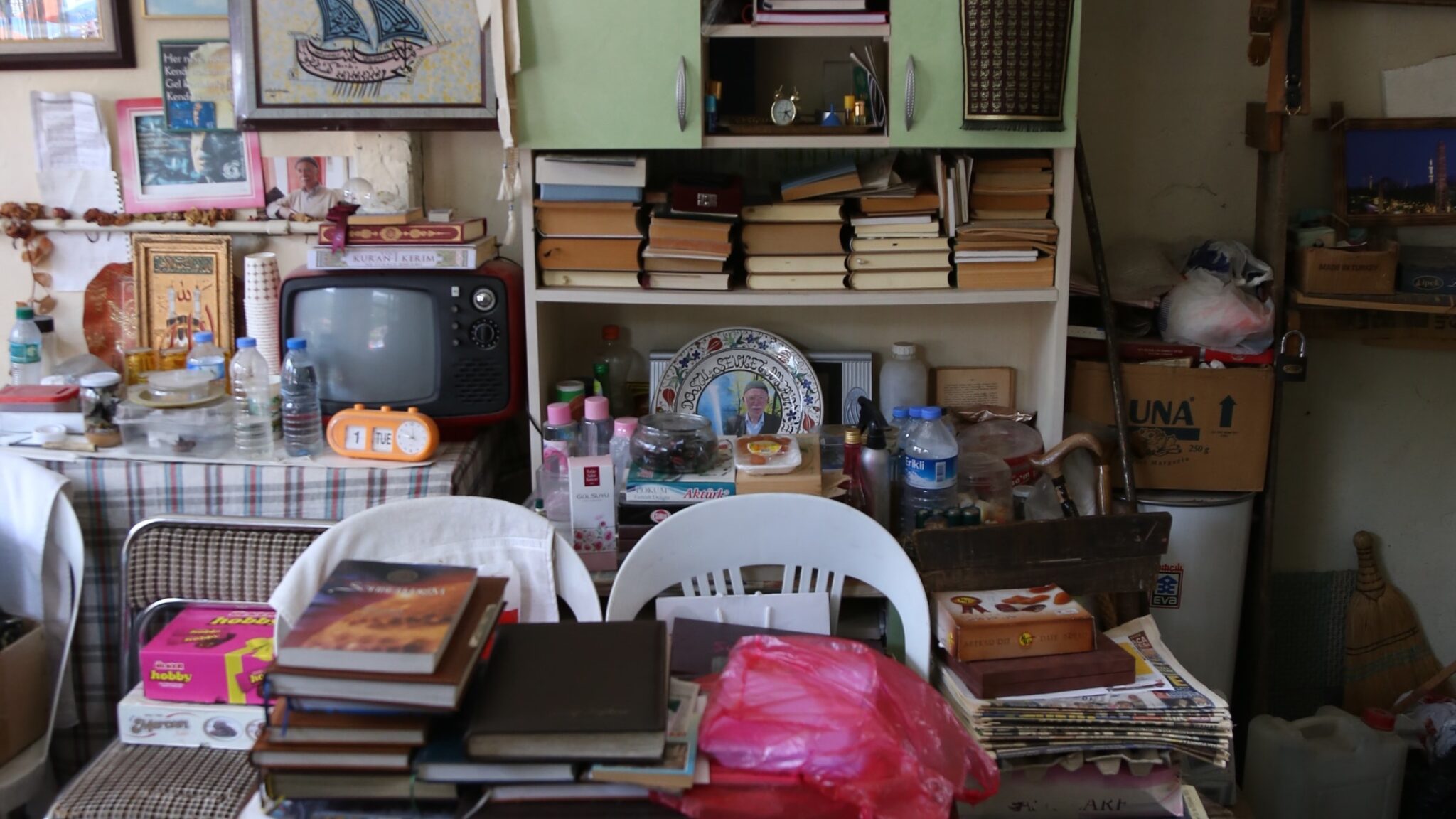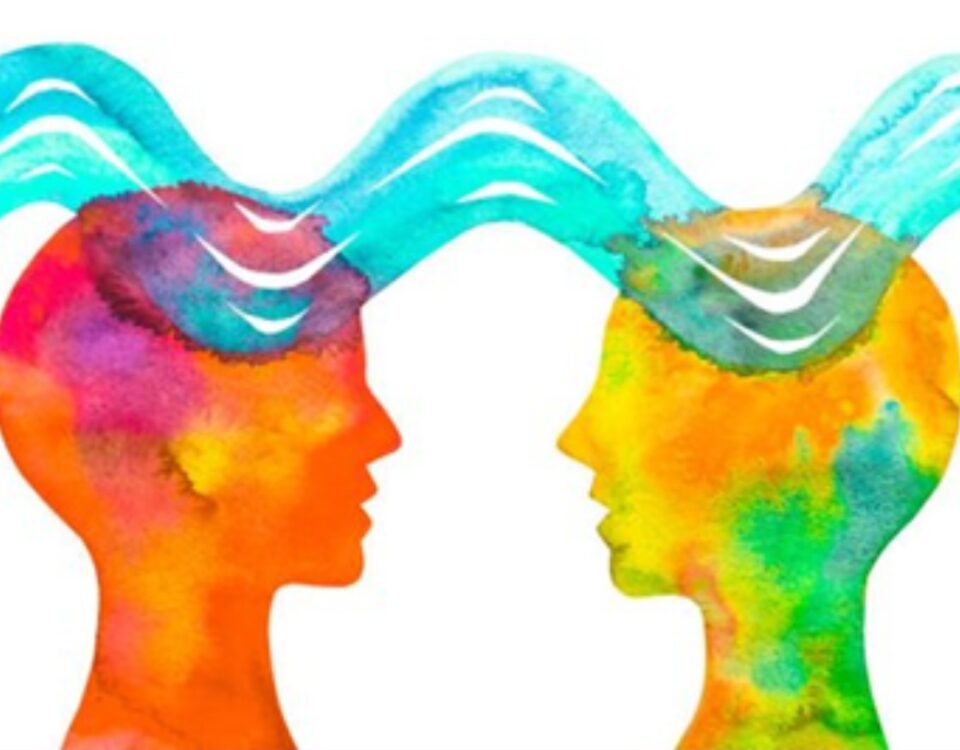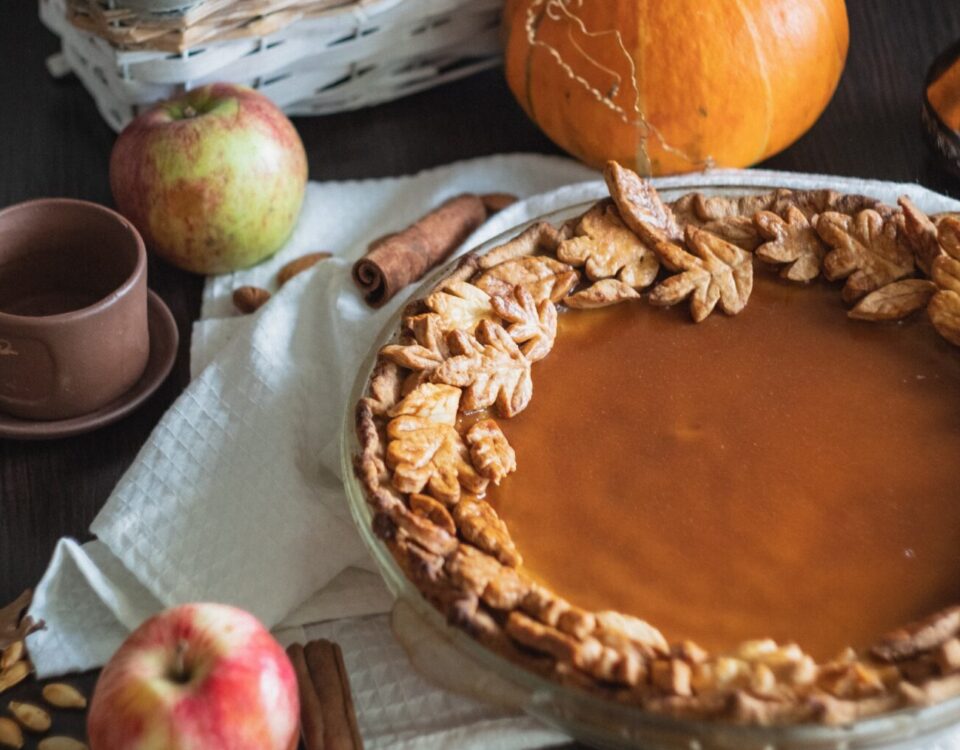
Resilience and Your Stuff
November 17, 2021
Holiday Survival Tip: Expect
December 1, 2021The holidays are here: You can trust people to be themselves.
Part of being resilient is in dealing with what is. Unmet expectations, hopes dashed, old traumas torn open – all are risks during the holiday season. One way to take care of yourself is to be realistic about the people you will (or will not) be seeing. (I am going to use the word “relation” to include the sorts of people you may get together with over the holidays – relatives, in-laws, longtime friends, your ex-, your cousin’s neighbor who is at every gathering). There is no perfect holiday season; perfection is an artificial state that only exists in commercials. Besides the late arrivals, cooking failures, and other holiday mishaps, there are the relationships with your relations.

Trust people to be themselves. The holidays are here and I am hearing, “do you think my brother will reach out to me this year?” “How do I get my aunt to understand that what she says is hurtful?” “I wish someone would tell my grandfather to stop….” Many of us wish that others in our lives would act in ways that are kinder, nicer, healthier.
Everyone is going to keep being themselves.
The only person you have any control over is yourself.
You will find yourself triggered in ways you don’t have control over.
Does that mean you give up and stay away from all gatherings? Build an emotional wall and keep a safe distance? Humans need connection. It is grounding to connect with the same set of people over time. Each annual gathering is a slice of life. That baby is talking, look how long his hair is! Wow – they seem so grown up. Our aunt needs more help these days. I didn’t know his situation had changed so much. I wonder if we will see them again next year. Gathering with the same or similar people provides checkpoints along our journey.
Sharing food, space, laughter, tears and telling stories enriches our understanding of ourselves and humanity. At the same time, some interactions are more hurtful than helpful. This is when it is resilient to trust people to be themselves and to consider our options in advance.
“I can’t believe she got drunk again after she promised she wouldn’t.”
You can trust people to be themselves. If your relation has a long track record of struggling with alcohol, and the season tends to overwhelm any resolve they may or may not have, why are you shocked and dismayed? Dismay – yes. To watch someone morph from a person you enjoy to someone you want to avoid is so many feelings (dismay, irritation, anger, fear, worry, frustration). To be shocked by it – is on you.
“I can’t believe he just said that!”
Hasn’t he been saying it online for the past 11 months? Is this not in line with things he has said in the past? Your feelings make sense, your outrage is somewhat hollow. You can trust people to be themselves.
“I don’t know why he doesn’t seem to care, we have never been close like we should be.”
There are a lot of expectations out there about how people should behave in regard to their relations. Looking over the history of humans we can see that this has always been a conversation. Yes, there are cultural guidelines but, in the end, how two adults get along with each other is between those two people regardless of biological, social, or other ties. Relationships are more about the individuals than the titles.
“I wish they could get along with each other for me.”
See above. Parents of young children can insist that their kids not hit one another (see the book Siblings Without Rivalry: How to Help Your Children Live Together So You Can Live Too by Adele Faber and Elaine Mazlish, for a much more helpful discussion on this point). When it comes to adults wanting other adults to get along with one another, there has to be agreement.
You can help someone out, but they have to want to be helped. For example, I introduced my wife to a family member who held very different political views. My wife wanted to have a pleasant exchange with this person and was open to suggestions. I told her about their interest in two topics she likes. She focused on these topics, let them run with their story telling, and we kept the interaction short. Success! It worked because my wife wanted a pleasant exchange and was open to hearing what might be helpful.
How do we stay resilient through the holidays as our relations act like themselves?
Trust
Everyone is going to keep being themselves. What does this mean for you? Be realistic about how things might unfold. What are your levels of tolerance? Write and rehearse responses to predictable problems. “I’m pretty sure we see that really differently, today I want to focus on ……………………..”
The only person you have any control over is yourself.
What do you need? Do you need to keep the visit short? Do you need to plan a diversion – going for a walk, reading a book, calling a friend? Are there other people you can reach out to or spend time with during the holidays? Also consider just having a regular day. Thanksgiving is also a Thursday. You can do Thursday.
You may find yourself triggered in ways you don’t have control over.
What are your plans if something about this holiday season is hard? What helps you? You might volunteer, journal, or schedule that therapy appointment now. Plan something you are looking forward to, and be gentle with yourself. Life can be glorious and painful. Holidays hold up a mirror to life as we know it. No one is getting any younger, stuff happens, perfection is not possible.
Trust people to be themselves, including yourself.
Holidays can be complicated. What can you do to enjoy your connection? As much as you wish your relations would be kinder, nicer, and/or healthier the only person you have control over is you. How can you be kinder, nicer and/or healthier starting with toward yourself?
Walk through your holiday plans in your head and imagine where the difficult zones might be. If there is a point you dread because you are sure it will go badly, consider alternatives. This year’s holiday is a chance to experiment. Every year you get another chance to do the same thing differently. I am wishing you a holiday season in which you find wonder in ways that work for you.
Peace,
Laura A. Gaines
To learn more, explore learnmodelteach.com for tools, videos, and coaching opportunities.





